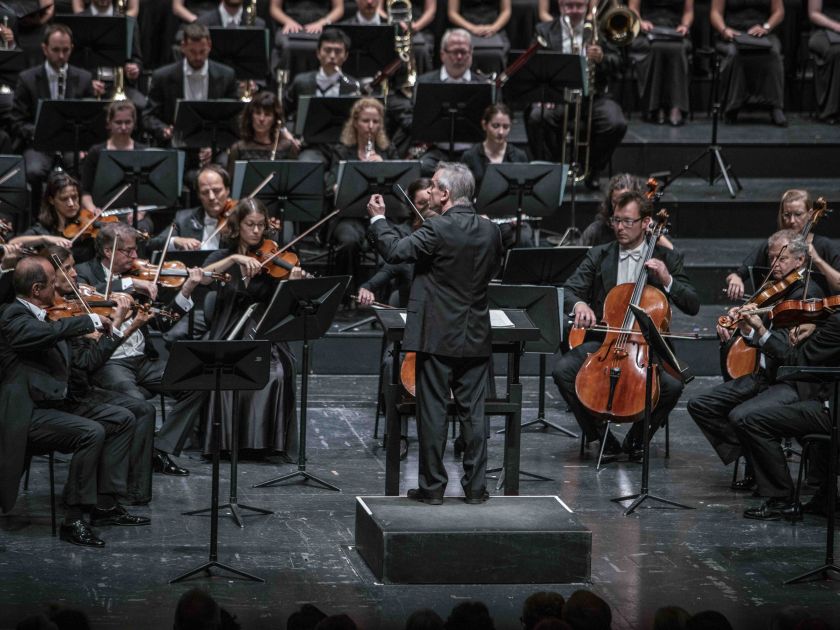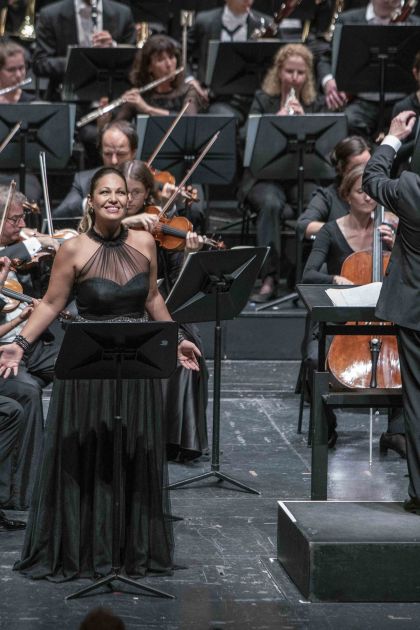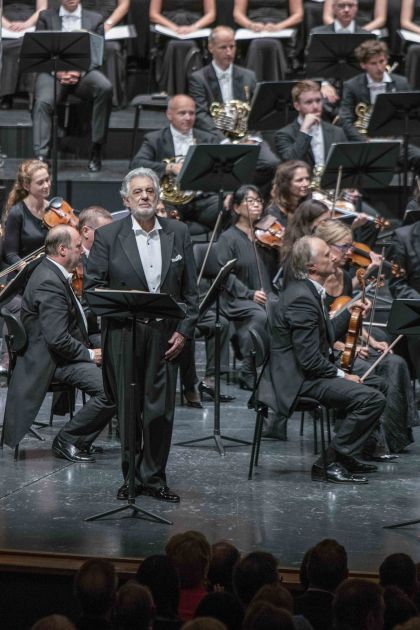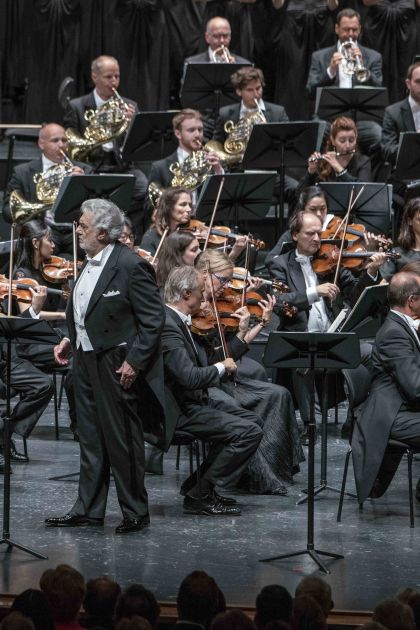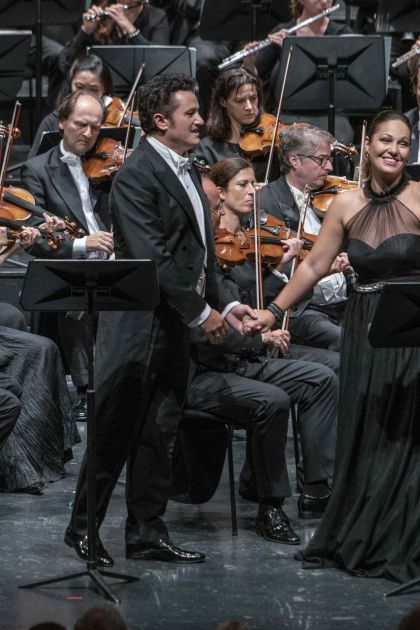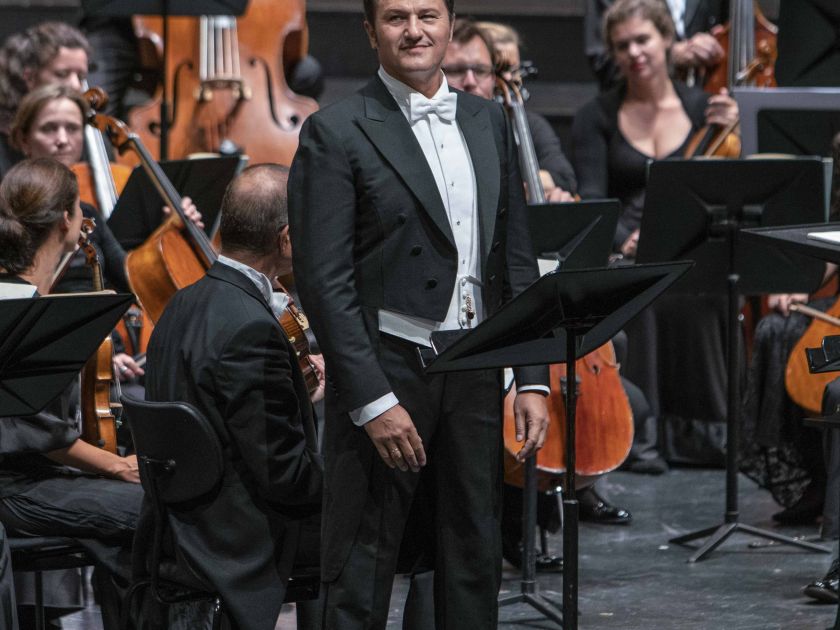„Den Herzen der Kinder kann man nicht befehlen“
„Auf Erden gleicht ein Vater Gott durch seine Güte, nicht durch seine Strenge“, erklärt Miller dem Schlossverwalter Wurm, der sich Hoffnungen auf die Hand von Millers Tochter gemacht hat. Doch gerade in der Liebe soll Luisa frei entscheiden können — und ihr Herz ist bereits verschenkt: an den Sohn des Grafen von Walter, Rodolfo, der sich nichts daraus macht, dass sie nur ein einfaches Dorfmädchen ist. Dessen korruptem Vater hingegen ist Luisa ein unerträglicher Dorn im Auge, hat er für Rodolfo doch die einflussreiche Herzogin von Ostheim zur Frau bestimmt. Wo Macht, Ansehen und Reichtum das Denken beherrschen, wird selbst ein liebender Vater leicht zum Tyrannen. Im Zuge der teuflischen Intrige, die der Graf mit Wurm spinnt, wird Luisa vor eine erpresserische Wahl gestellt: Nur wenn sie auf Rodolfo verzichtet, kann sie ihren verhafteten Vater vor dem Tod retten.
Gegenüber dem Schauspiel Kabale und Liebe, das Verdi — zeitlebens ein großer Bewunderer Friedrich Schillers — selbst als Stoff vorschlug, vernachlässigt die 1849 in Neapel uraufgeführte Oper die Dimension der politischen Anklage, des Appells gegen die absolutistische Willkürherrschaft. Luisa Miller konzentriert sich auf das Familiäre, auf das „bürgerliche Trauerspiel“. Der soziale Gegensatz zwischen den beiden Vätern bleibt natürlich entscheidend: Die unerbittliche Härte des mächtigeren zerstört das Glück der Kinder, denen — wie so oft in der romantischen Oper — nur der Trost der Erfüllung im Jenseits bleibt.
Die Welt des Privaten, die sich Verdi mit Luisa Miller eroberte, bot ihm die Möglichkeit, an die Intimität von I due Foscari (1844) anzuknüpfen und psychologische Vorgänge tiefer gehend und mit mehr Zwischentönen als bisher zu vermitteln. Vor allem im berührenden letzten Akt zeichnet sich Luisa Miller durch eine neue Verfeinerung des musikalischen Denkens aus, eine „vollständigere Übersetzung des dramatischen Geschehens in Ausdruckswerte reiner Musik“ (Julian Budden): ein bedeutender Schritt hin zu den Werken von Verdis Reifezeit.

